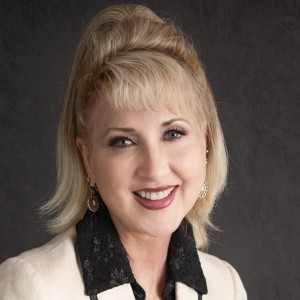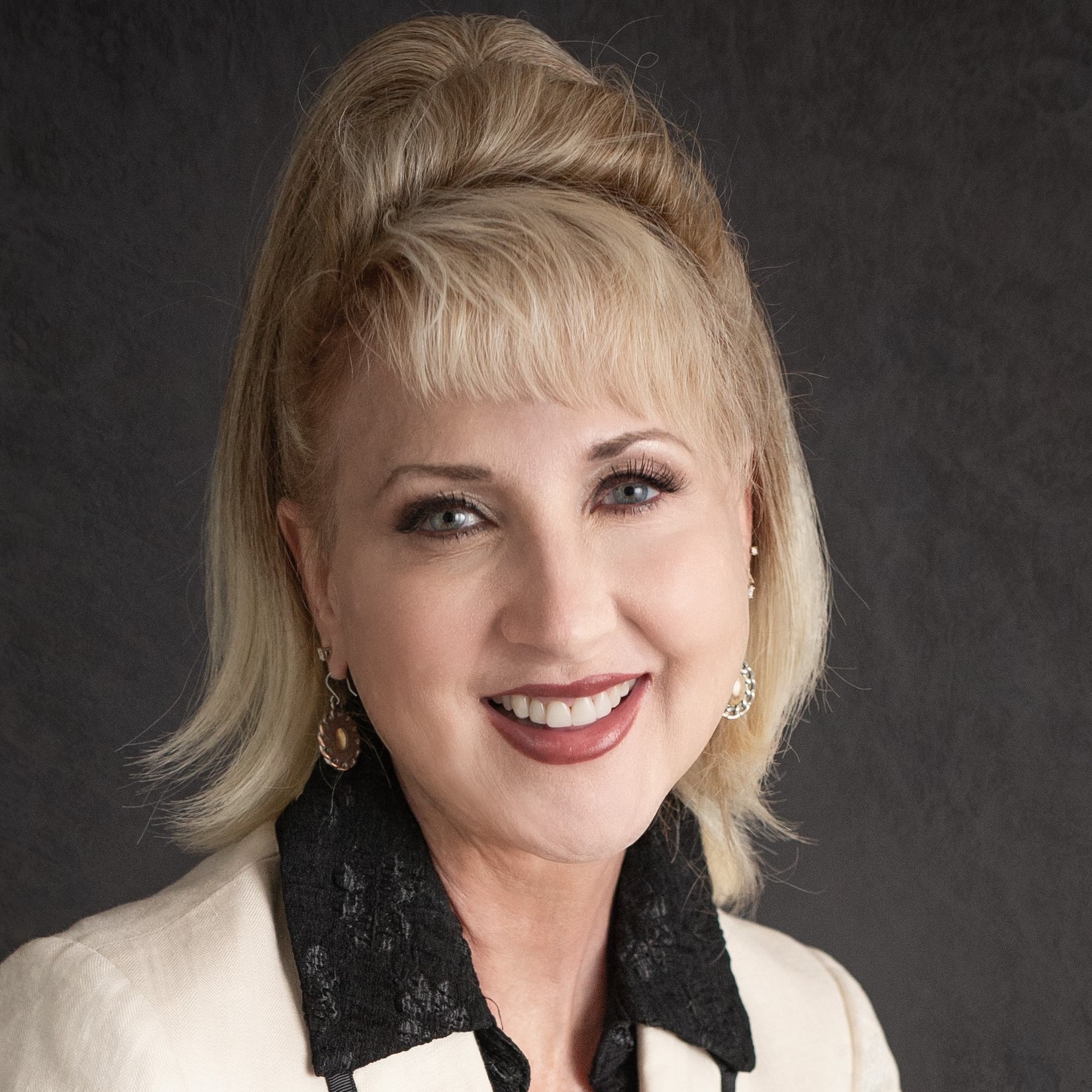Episodes

Monday Jul 01, 2024
How Do You Know They Love You?
Monday Jul 01, 2024
Monday Jul 01, 2024
Have you noticed that love can look different ways at different times? Sometimes love is soft and gentle, and sometimes it is firm. Sometimes it tells us everything we need to hear, and sometimes it waits silently. It can be confusing, so how do we know when we are truly loved and when we are loving others well? Today Cinthia discusses characteristics of real love between one human being and another.
A person who loves you will not be perfect but will be humble when he or she has been wrong. A person who loves you well will ask for and receive your forgiveness. This is especially important in personal relationships.
When you are the one who was wrong and you humble yourself to ask forgiveness, a person who loves you well will forgive you quickly, even for a big offense. This does not necessarily mean that trust will be instantly restored or that the hurt will evaporate; you must be realistic in allowing the person time to heal. You must rebuild trust. But, while trust may need to be earned back over time, forgiveness will be free and will come more quickly. The person will not hold grudges or say that things are fine, only to attack you with passive aggression. The person will also differentiate between signs that you are imperfect and signs that you are truly dangerous.
When someone loves you well, that person honors what you really need, even if it is inconvenient or uncomfortable for him/her, and even if it is not the same as what he/she needs.
A person who loves you well is courteous and gracious, especially within the relationship.
A person who loves you well supports you in your feelings and struggles. The person will not publicly shame or reject you for your mistakes and will still “claim” you, even if he or she cannot approve of what you did. The person will gently tell you the truth, though, privately and kindly letting you know when you are harming your relationships and not being the best version of yourself.
A person who loves you well will not “keep score.” He or she will not overcomplicate your every mistake with a list of all the things you have ever done that were problematic in any way. However, that person will continue to believe in the best version of you, the person you can grow to be, and will encourage you to become that person.
How do you know what kind of person to trust? You can observe the person’s response under stress, the way the person treats subordinates and strangers, the way the person treats his/her parents (There are some families that are so toxic that a person may have to limit or cut off contact, but this is not the norm and should not be a person’s automatic response to imperfection.), the way that person talks about others when they are not around, the level of honesty a person demonstrates, whether the person can hear others or is always focused on self, and other signals discussed in the podcast today. Do not gloss over the evidence of a person’s character, hoping it will simply be what you want it to be. There is a difference between demanding perfection and simply acknowledging character and choice patterns. We will not find perfect people with whom to have personal relationships, but a basic fit in value systems matters very much.
It is also important to look at your own life and identify how to get help for yourself. James 5:16 tells us to confess our sins to one another and pray for each other so that we may be healed. This does not mean that you make everything public, but it does mean you have to open up to some others sometimes, especially about your struggles. The passage goes on to talk about the prayer of a “righteous” person being powerful and effective; this tells us something about the person or people in whom we can confide. “Righteous” does not mean that the person will be perfect; the only perfection available to human beings on earth is the perfection Jesus accomplished, the perfection God now sees in us when we trust in what Jesus did for us. But, when deciding to confide in someone, make sure the person sees himself/herself through this lens rather than thinking he/she is perfect outside of that. The person should know how to mess up and recover and should take seriously the love of God for each one of His children.
Sometimes we do not want to ask for help from others. We feel embarrassed at having our sin exposed for what it is and can begin to get wrapped up in everything we could and should be, which paralyzes us. Remember, God wants to help you learn who you really, truly are, why He created you, what the point was, and why He is happy that He made you. Often, He uses us to help each other learn these things. It is okay to ask for help. You may have to keep asking until you get what we need, but you are worth that. Remember that Jesus accepted help from Simon of Cyrene when He could no longer carry His own cross. Accepting help changes things forever. Be a leader in your family, community, etc., by getting the help you need and doing what it takes to become all that God means for you to be. You only have one life. Get what you need so you can live it. Your struggles do not just impact you, even if it seems like they are not hurting anyone else; your struggles really do affect the people in your life, as well. Get over yourself for their sake and yours; ask for help in order to pursue the life God intended for you to have.
Sometimes we need help from professionals. What are some signs that you might need professional help? Well, if you are struggling with something dangerous, illegal, immoral, or unethical, you may need help to loosen its hold. Thoughts of harming yourself or someone else indicate you need help in your journey. Sad or anxious feelings that seem overwhelming or come with troubling thoughts, difficulty concentrating, or changes in energy level can be a sign. Specific problems that impact your life, such as addictive or compulsive habits, can be a sign, as well. Distress itself can mean that you need help. A sense or feedback from others that you are losing touch with reality can also be an important sign; while people are often embarrassed about this one, it is just another human coping skill that, like other coping skills, can cause problems if we do not get help. Do not despise the human condition; humans need help. So take care of the one God loves (by which we mean you) by getting the help you need. Even if you don’t value yourself, God values you highly. You can join Him in that.

